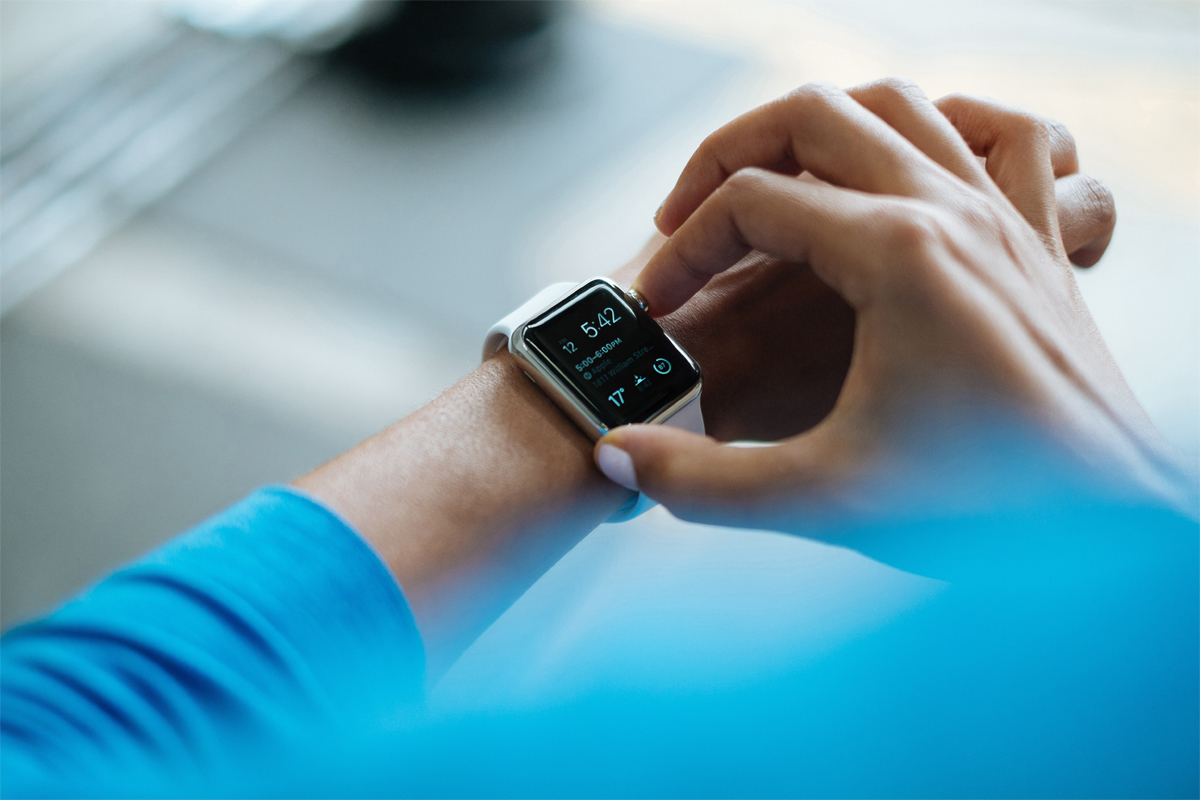- Your cart is empty
- Continue Shopping
6 Ways to Prioritize Your Health No Matter How Busy You Are

As you juggle your day-to-day responsibilities, you may find yourself putting the needs of others ahead of your own. But neglecting your health can lead to faster burnout and inhibit your ability to fulfill all your other duties. Regardless of your schedule, it’s important to tend to your own needs, too.
Prioritizing your health may take some getting used to, but you have the power to reset your routine and make time to be healthy. To help get you started, here are six simple ways you can put your well-being first, no matter how busy you are:
1. Schedule Out Your Annual Appointments
Between work and family, it’s easy to forget your doctor’s appointments. However, it’s vital that you schedule regular checkups with your primary care physician, dentist, eye doctor, dermatologist, and gynecologist to ensure you’re keeping tabs on all aspects of your health.
You may feel like you don’t have the time, but reserving these hours out of your day can have serious benefits in the long run.
At the beginning of each year, schedule your annual preventative care visits, and clearly mark those days on your calendar. That way, you’ll make sure you’re tending to your needs, no matter how packed the rest of your schedule may get.
2. Establish Healthy Habits
Establishing better habits is crucial if you want to lead a healthier lifestyle. This will require you first to assess your current habits and note any harmful patterns (smoking, drinking, over or undereating, etc.). Then, you should commit to replacing bad habits with healthy habits. If you haven’t already, slowly introduce activities like exercising, meal prepping, and meditating, into your routine until they become a way of life.
You should also keep a journal as a way to track your progress. Write down any adjustments you’ve made over time and how those changes have impacted your overall well-being. By doing so, you’ll be able to determine what’s working well versus what habits you may need to reevaluate. Remember, adopting healthy habits will take time, so be patient with yourself as you figure out what works best for you.
3. Leverage Telemedicine
Some medical conditions, such as a sore throat or cold, don’t necessarily require a trip to the doctor’s office. Whether you don’t believe a doctor’s visit is necessary, or you’re too busy to make an appointment, you can save time by leveraging telemedicine services to receive the necessary care.
With telemedicine, you’re able to access proper care on your own time. You can leverage these services to connect with licensed physicians who can answer your questions and prescribe the appropriate medications for your needs. Whether you need a higher-dose fever medication, mental health counseling, or prescribed skincare products, telemedicine offers a convenient way to prioritize your health in a matter of minutes.
4. Get Enough Sleep
Sleep does more than just make you feel more energized. There are a lot of mental and physical health benefits to getting a good night’s rest, such as improved memory, immunity, and mood. Sleep can also help boost focus and productivity, so you’re able to perform your best. That’s why establishing a sleep schedule is critical for maintaining your overall health.
In general, you should aim to get seven to eight hours of rest each night for optimal health benefits. Pick a bedtime that works with your schedule, and be sure to follow through with going to bed at that time every night. Sticking to a consistent sleep schedule is one of the easiest ways you can ensure you feel your best each day.
5. Learn to Say No
It may be part of your nature to always tend to the needs of others, but that doesn’t mean your needs should fall by the wayside. Remember, it’s okay to turn down plans when they don’t align with your priorities or when you’re not feeling well. It may be a tough skill to learn, but sometimes it’s necessary to say no to maintain your health.
When considering plans with others, check in with yourself first. Think about if you feel physically and emotionally well enough to accept the invitation, and determine if it’s something you really want to do. If you answer no to either question, you’re better off rejecting the invite. It may be hard at first, but learning to say no will help you live more truthfully and prioritize your own needs.
6. Power Down Your Devices
While technology has its benefits, too much can have a negative impact on your mental and physical wellbeing. When you’re constantly looking down at your phone or reading emails, you take away from the present moment. Not to mention, it can also strain your eyes and prevent you from building meaningful face-to-face relationships.
Consider going on a short digital detox to disconnect from the online community and focus solely on yourself. If your other responsibilities require you to have your phone on hand, you can still limit screen time by deleting or turning off notifications for any unnecessary apps. Once you power down, you may experience better sleep, improved physical and mental health, and deeper relationships with both yourself and others.




